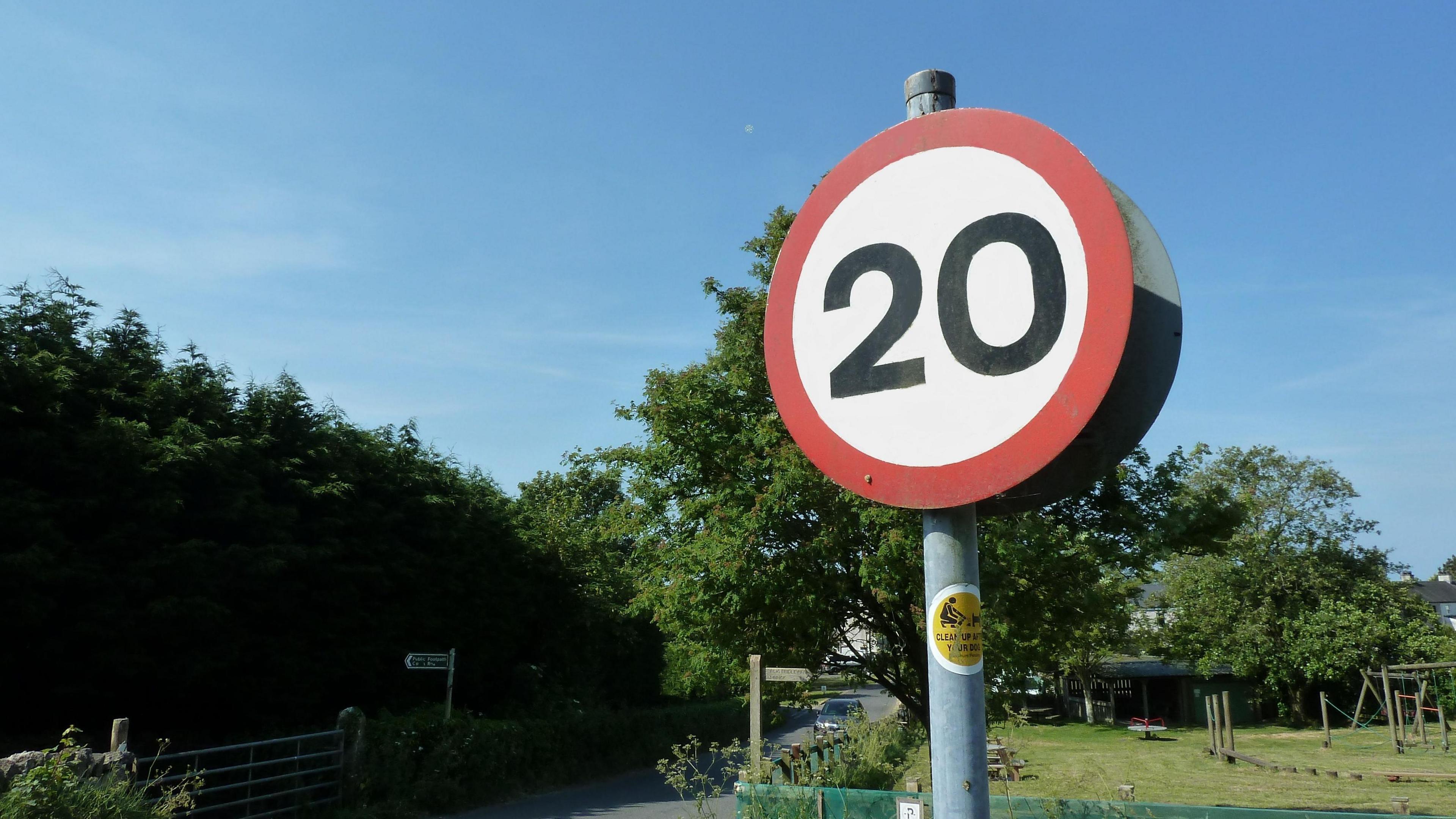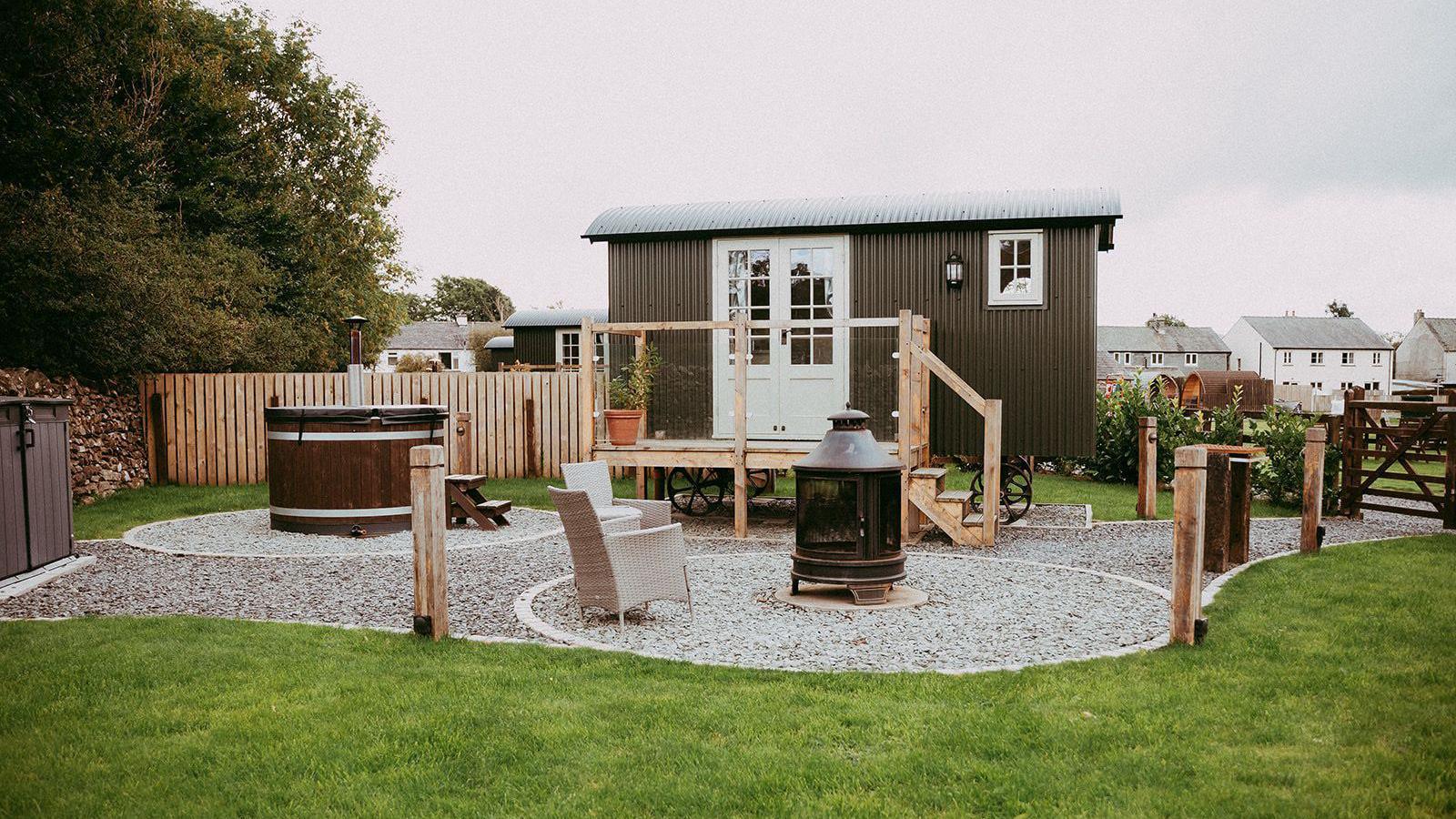Speed limits reduced as part of active travel scheme

Lower speed limit will be introduced on several roads
- Published
Speed limits on an island are set to be reduced to create a "safe environment for walking and cycling".
Several roads on Walney Island, Barrow-in-Furness, will have their current speed limit of 30mph (48kmh) reduced to 20mph (32kmh) as part of an active travel scheme.
A 21-day-long consultation period received one objection to the plans, stating they were a "waste of money" and calling on the council to spend the funds on resurfacing roads in the area instead.
According to council documents, the objection "should not be upheld" as the funding was not taking away from existing revenue budgets for road maintenance.
“The funding can only be used for this improvement for North Walney,” the documents added.
The limit will be implemented on Trent Vale, Thames Road, Tyne Road, Mersey Road, Tees Gardens, Tweed Rise, Medway Road, Southport Drive and Maryport Avenue.
The scheme aims to slow traffic where it is likely cyclists will be on the road, according to a report prepared for a board meeting.
Infrastructure improvements
The cost of installing the traffic signs and road markings for the new speed restrictions will be about £6,000, which will be funded by the North Walney Cycling and Walking Scheme award from Active Travel England, council documents state.
The proposed active travel scheme will connect Earnse Bay and the Promenade on North Walney, according to the Local Democracy Reporting Service.
It will also provide a separate two-way cycle track for the full length of West Shore Road and a new priority pedestrian and cycling crossing on Mill Lane.
Members of Furness locality board are expected to approve the traffic regulation order when they meet on April 17 at Barrow Town Hall.
Follow BBC Cumbria on X (formerly Twitter), external, Facebook, external and Instagram, external. Send your story ideas to northeastandcumbria@bbc.co.uk.
Related topics
More stories from BBC North East and Cumbria
- Published10 April 2024
